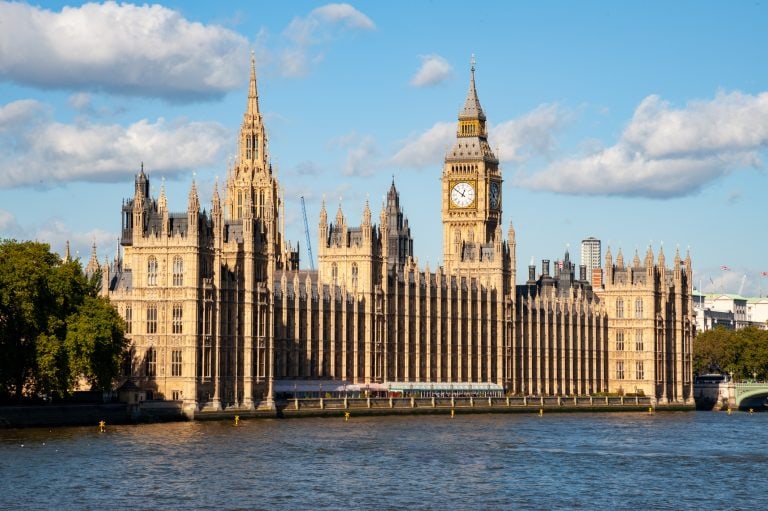UKGBC Responds to MHCLG Consultation on the Future Homes Standard

The UK Green Building Council (UKGBC) is an industry network with a mission to radically improve the sustainability of the built environment, by transforming the way it is planned, designed, constructed, maintained and operated. As a charity with over 400 member organisations spanning the entire sector, we represent the voice of the industry’s current and future leaders who are striving for transformational change. Read UKGBC’s full consultation response here.
To put the UK on course to meet both domestic and international climate change commitments, all buildings must be net zero carbon in operation before 2050, with new buildings meeting this standard by 2030. This requires action in all parts of the UK. Following the current consultation, MHCLG should therefore move quickly to:
- Set out a trajectory for tightening building regulations to ensure all new buildings in 2030 operate at net zero carbon for regulated and unregulated energy
- 2020: Adopt at least the proposed 31% improvement in Part L; retain a fabric energy efficiency standard (FEES) as a metric of compliance in order to minimise energy demand and ensure an improvement in fabric performance compared with current levels. In the absence of FEES, the 31% improvement could be delivered through the installation of low or zero carbon technologies on sub-optimal fabric, leading to avoidable grid demand
- 2025: Tighten fabric energy efficiency standards in line with the Committee on Climate Change recommendations; introduce energy use intensity targets covering regulated and unregulated energy
- Transition towards in-use energy performance as the basis of compliance
- 2020: phase in requirements for the measurement and disclosure of in-use performance; introduce options for alternative compliance with Part L based on in-use performance
- 2025: introduce regulatory requirements to assure performance in-use for regulated energy
- Set out a timetable for introducing requirements for the assessment of whole life carbon and targets for reductions
- 2020: phase in requirements for assessment of whole life carbon, starting with larger developments
- 2025: requirements for all developments to assess and disclose whole life carbon impacts, and phase in targets for reductions starting with larger developments
- 2030: introduce targets for all developments for reductions in whole life carbon
- Retain the powers of local authorities to set higher requirements than national standards where practical and demonstrably viable. A forward trajectory for future uplifts to Building Regulations should be published to allow local authorities to set higher energy performance standards in line with future national requirements. This should mean that investment and skills are related directly to future uplifts in national regulations.
- Introduce more stringent transitional arrangements from 2020 to ensure that homes not commenced within a reasonable period following building notice, initial notice or full plans must comply with the latest Part L. We recommend that this ‘reasonable period’ should be 3 years to align with the planning cycle.
- Improve enforcement of and compliance with Building Regulations. The proposed requirement for mandatory photographic evidence is welcome, but does not go far enough. A digital record should be created for every home, containing all relevant evidence from design through construction – along the lines of the ‘golden thread’ recommended in the Hackitt Review. In addition, Building Control Bodies must be adequately resourced and upskilled; and fines for non-compliance significantly increased.
- Consult far sooner than 2024 (as proposed in the consultation) on Future Homes Standard implementation. The market needs as long as possible to innovate and develop expertise and supply chains.
Read UKGBC’s full consultation response here.
Related
UKGBC announces new Solutions & Innovation Advisory Group

UKGBC Responds to the Government’s new Biodiversity Net Gain Proposals

UKGBC launches new initiative to scale sustainable solutions for the built environment

UKGBC launches consultation on Nature-Positive Framework Definition for the Built Environment

